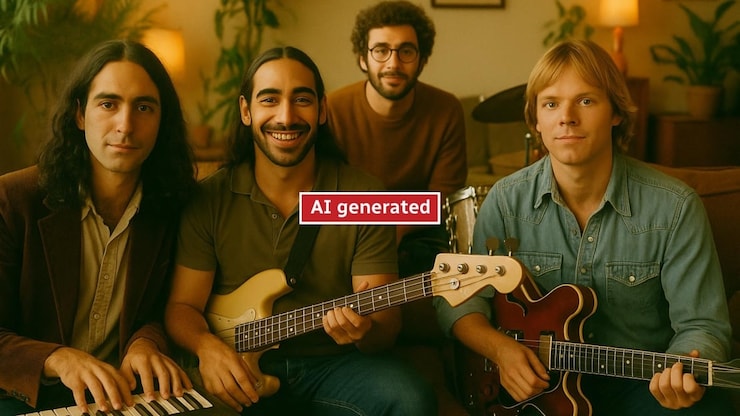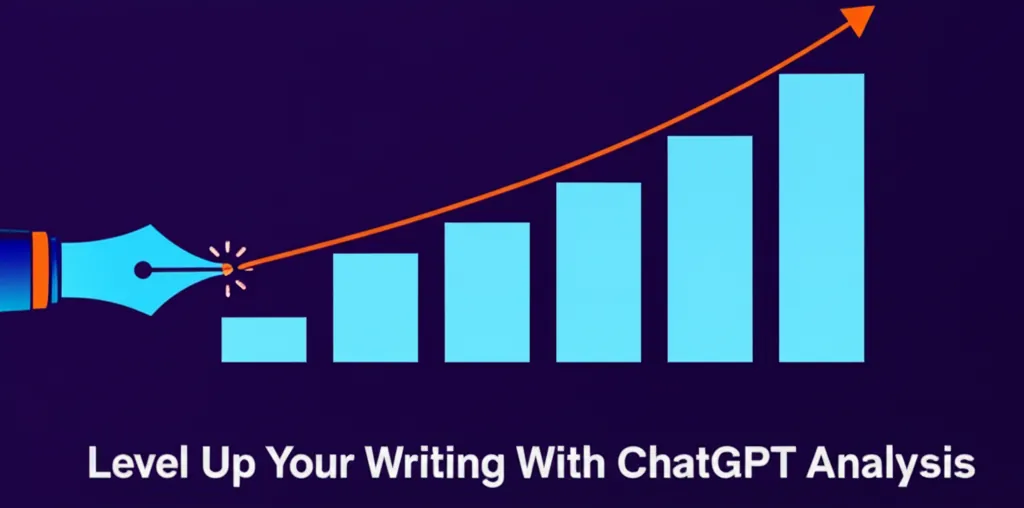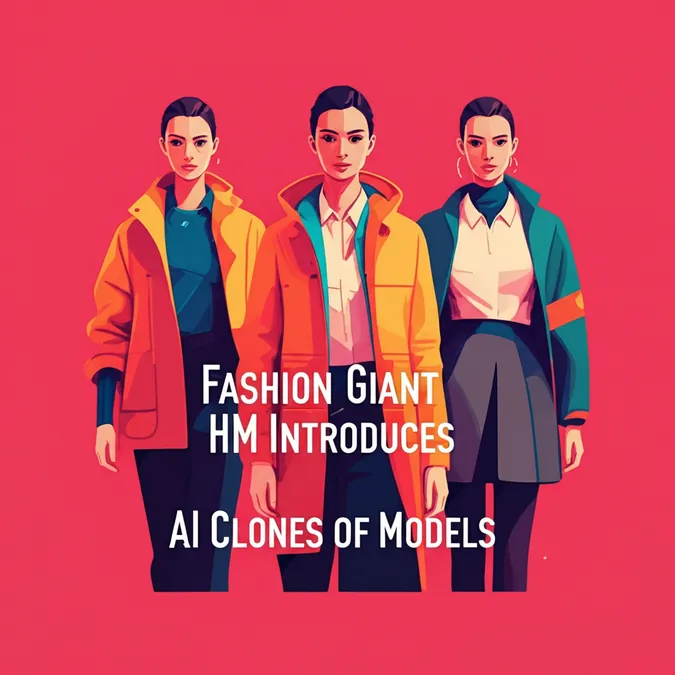Developer Offer
Try ImaginePro API with 50 Free Credits
Build and ship AI-powered visuals with Midjourney, Flux, and more — free credits refresh every month.
The AI Band Hoax That Fooled The Music Industry
A mysterious band with 70s rock vibes, millions of streams, and no human footprint. This was the puzzle of The Velvet Sundown, a band that appeared on Spotify and quickly captured the attention of listeners and journalists alike. But the story took a sharp turn when a Canadian man orchestrated an elaborate hoax, creating a media frenzy that exposed the complex and deceptive potential of artificial intelligence in the creative world.
The Mystery of The Velvet Sundown
Several weeks ago, a band called The Velvet Sundown materialized on music streaming platforms. With two full-length albums blending laid-back 1970s rock with modern indie pop, their music found its way onto popular Spotify playlists, including one dedicated to Vietnam War songs, amassing hundreds of thousands of streams.
However, keen listeners noticed something was amiss. The supposed band members had no digital footprint, and there was no evidence they had ever performed live. Furthermore, their album art and profile picture, which featured four shaggy-haired musicians, showed the tell-tale signs of being created by generative AI.
As the controversy began to bubble, a social media account claiming to represent the band emphatically denied any use of artificial intelligence, dismissing the accusations as "lazy" and "baseless."
A Hoax Within a Hoax
The plot thickened when a man calling himself Andrew Frelon told Rolling Stone that he was the mastermind behind The Velvet Sundown. He claimed to have created the songs using the generative AI platform Suno as part of an "art hoax."
Just as the mystery seemed solved, it unraveled again. A different social media account, this one linked directly from the band's official Spotify page, posted a statement declaring that Frelon had absolutely nothing to do with them. "Someone is attempting to hijack the identity of The Velvet Sundown," the statement read.
The next day, Frelon confirmed this in a lengthy blog post. He admitted that nearly everything he told the magazine was a lie, including his name. He was not involved with the band. The hoax was, in fact, part of a bigger hoax.
Unmasking the Social Engineer
The real person behind the "Andrew Frelon" pseudonym is a Canadian-based expert on web platform safety and policy issues. Speaking on the condition of anonymity, he explained that he saw The Velvet Sundown's overnight success and, convinced it was AI-generated, decided to insert himself into the narrative as a "social engineering" experiment.
His goal was to exploit the public's uncertainty about AI and test how diligently the media would work to verify his identity. "There's so many weird cultural, technical things at play here," he said. "It's too fascinating of a mystery for me to turn away from." He used ChatGPT to respond to reporters and generated fake AI "photos" of the band to sow further confusion.

"I'm really exploiting the uncertainty," he stated. "And I think that's the art." While he apologized to anyone hurt by his deceptive techniques, he hoped the experiment would advance the conversation around the risks and benefits of generative AI.
The Aftermath and the Real Confession
Frelon's elaborate prank had a stunning effect: it supercharged The Velvet Sundown's popularity. The band's audience grew by approximately 700,000 monthly listeners, hitting the one million mark on Spotify shortly after the hoax began.
In a final twist, the band's official account finally admitted to its AI origins. In a social media statement, they described themselves as a "synthetic music project guided by human creative direction, and composed, voiced, and visualized with the support of artificial intelligence." To this day, the real identity of the band's creators remains unknown.
AI Bands: A New Reality for the Music Industry
While AI songs mimicking famous artists are becoming common, entire AI "bands" are a newer phenomenon. Acts like The Devil Inside and Aventhis have also been revealed to be AI creations with human guidance.
Nova Scotia-based songwriter Ian Janes, who previously had his own battle with an AI project on Spotify, argues the music industry paved the way for this. He believes listeners have become so accustomed to technology-aided "perfection" from tools like pitch correction that AI-generated music can seem indistinguishable from human work.
"The conditioning of our ears to algorithmic perfection in music has set the stage for AI to be poised to just take that job from us," Janes said.
Alexander Olson, a researcher at the University of Toronto, notes that it's becoming increasingly difficult for the average person to identify AI-generated content. Music critic Darryl Sterdan calls The Velvet Sundown's music "generic" but predicts it won't be long before AI generates a true global hit, forcing institutions like the Grammys and Junos to formally recognize AI creations to stay relevant. "Then," he warns, "the deluge will truly begin."
Compare Plans & Pricing
Find the plan that matches your workload and unlock full access to ImaginePro.
| Plan | Price | Highlights |
|---|---|---|
| Standard | $8 / month |
|
| Premium | $20 / month |
|
Need custom terms? Talk to us to tailor credits, rate limits, or deployment options.
View All Pricing Details

